How the arrest of this Kurdish leader is handled will indicate the extent to which the Syrian Kurds’ central role in the fight against the Islamic State has accrued some broader political legitimacy for their leadership. This, in turn, has implications for the troubled relationship between the West and Turkey.
Saleh Muslim Mohammed, former leader of the Syrian Kurdish PYD (Democratic Union Party), was arrested in a Prague hotel over the weekend by Czech authorities. His presence in Prague became known after a Turkish participant in a conference he was attending photographed him, and the picture was subsequently published by the Milliyet newspaper.
Saleh Muslim was the subject of an arrest warrant issued by the Turkish authorities for his alleged role in a bombing in Ankara in 2016, in which 29 people were killed. The Turkish authorities, who may have been aware of the pictures before their publication in Milliyet, contacted the Czechs, who arrested Muslim on February 24, a day before he had been due to leave the Czech Republic.
Muslim remains among the most prominent and influential of Syrian Kurdish leaders. He is set to appear before a Czech court this week, and the Turks are seeking his extradition. If extradited, he will with certainty be convicted, and face incarceration for the rest of his life. Kurdish media is calling his capture the most significant apprehending of a Kurdish leader by the Turks since that of PKK founder and leader Abdullah Ocalan in 1999.
The partnership between the Syrian Kurdish YPG (Peoples’ Protection Units) and the United States and its allies against the Islamic State has been one of the most successful, and one of the most unlikely, in recent years. The US built the Syrian Democratic Forces, the main instrument for the defeat of IS in its Syrian heartland, around the YPG. Recent statements by senior US officials have indicated that the US intends to remain committed to its allies in eastern Syria, and to maintain forces in the area of Syria which they control. This area covers 27% of the territory of Syria and includes its main oil and gas fields.
There has always, however, been a very wide discrepancy between the military alliance of the West and the SDF, and the almost complete absence of a political bond.
In March 2016, the Syrian Kurds declared the establishment of the ‘Democratic Federation of Northern Syria’ on the soil of their area of control. No Western country has recognized or acknowledged this declaration. The Federation, which is today the governing structure in the area in which US forces are located, remains entirely diplomatically isolated, even as its armed forces call in US air strikes and work on a daily basis with American Special Forces.
The ties between the PYD and the PKK are at the root of this. The latter has for the last 34 years been engaged in an insurgency against Turkey, demanding autonomy for the country’s Kurds. It is listed as a terrorist organization by both the US and the EU. Turkey’s warrant against Muslim, a non-citizen of Turkey, depicts him as a militant of the PKK.
The question now is whether the involvement of the PYD with the war against IS has acquired a degree of de facto legitimacy for it in the eyes of the West, even in the absence of formal political recognition.
If so, Western pressure on the Czech Republic will lead almost certainly to Muslim’s release in the next period, indicating that an embryonic, unspoken political alliance now exists between the Syrian Kurdish leadership and the West. This will produce further fury on the part of NATO member Turkey’s Islamist and increasingly authoritarian leadership.
If not, Saleh Muslim will remain in custody and may be extradited to Turkey. If this takes place, the Syrian Kurds will conclude that they have been used as cannon fodder by the West for the war against IS. Further cooperation between Western and Kurdish forces in eastern Syria will be in grave jeopardy. Given the stated importance of this cooperation, and of the maintenance of the Kurdish-US controlled buffer area in eastern Syria, it would be in the interest of the West for Muslim to be released as soon as possible.
JISS Policy Papers are published through the generosity of the Greg Rosshandler Family.
photo: By Rosa Luxemburg-Stiftung (Rojava und Kobanê) [CC BY 2.0 ], via Wikimedia Commons

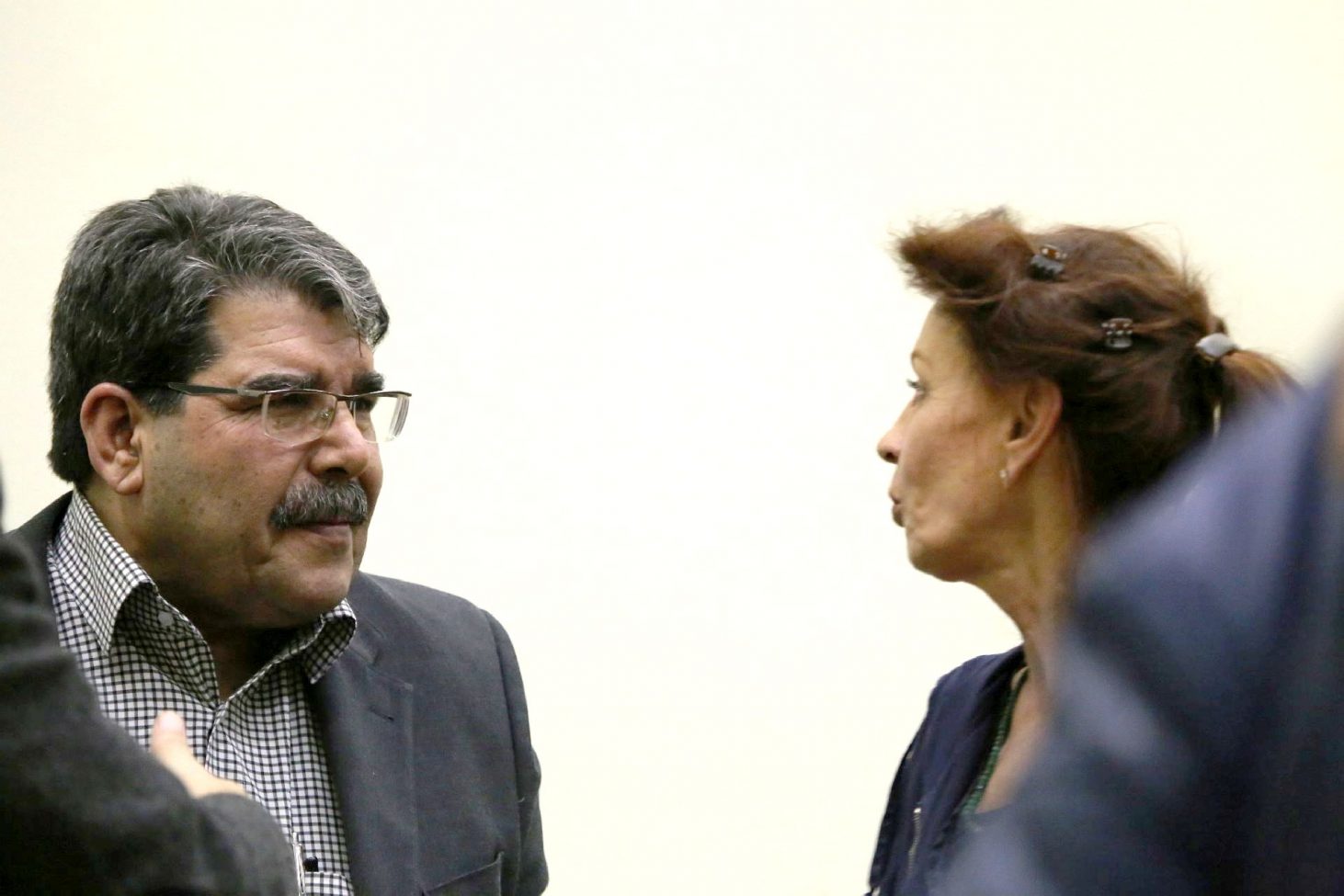
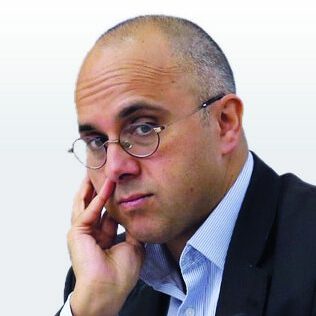
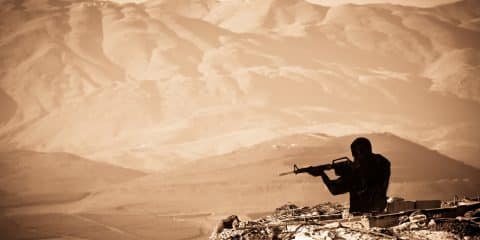
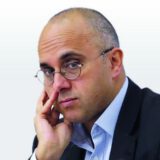
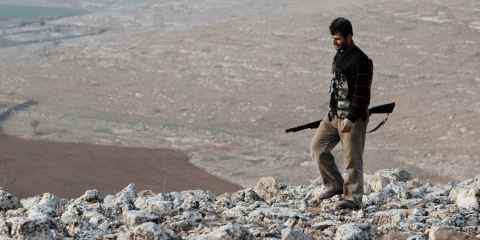

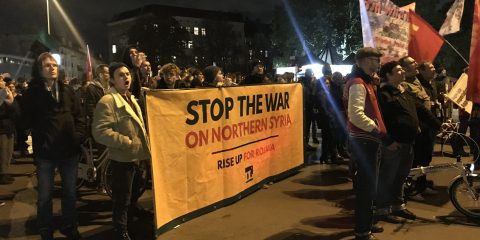

 - בניית אתרים
- בניית אתרים